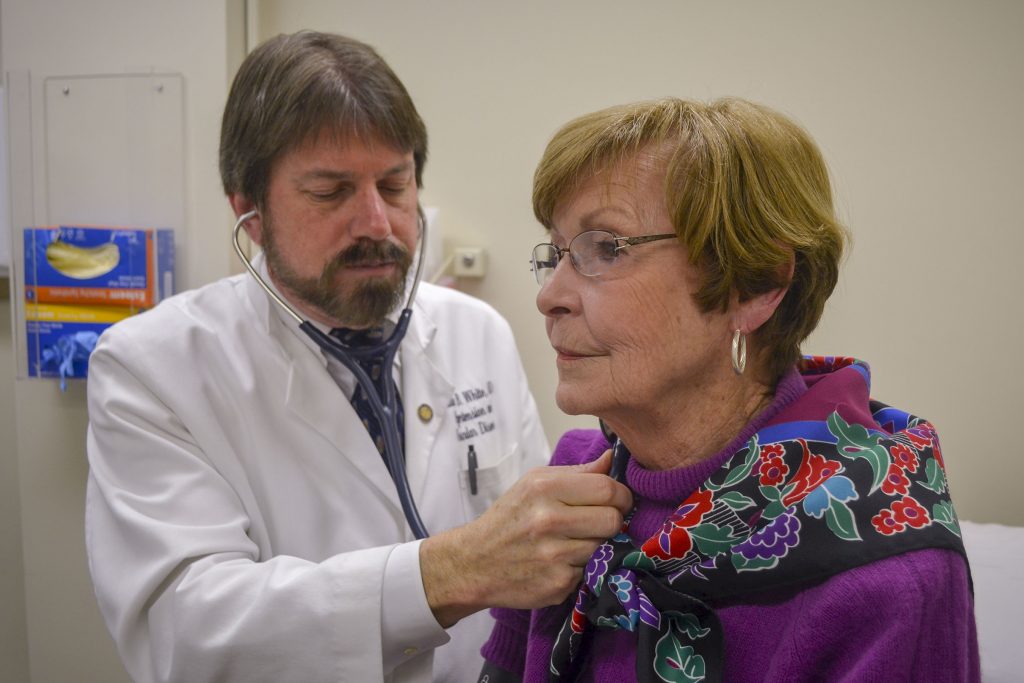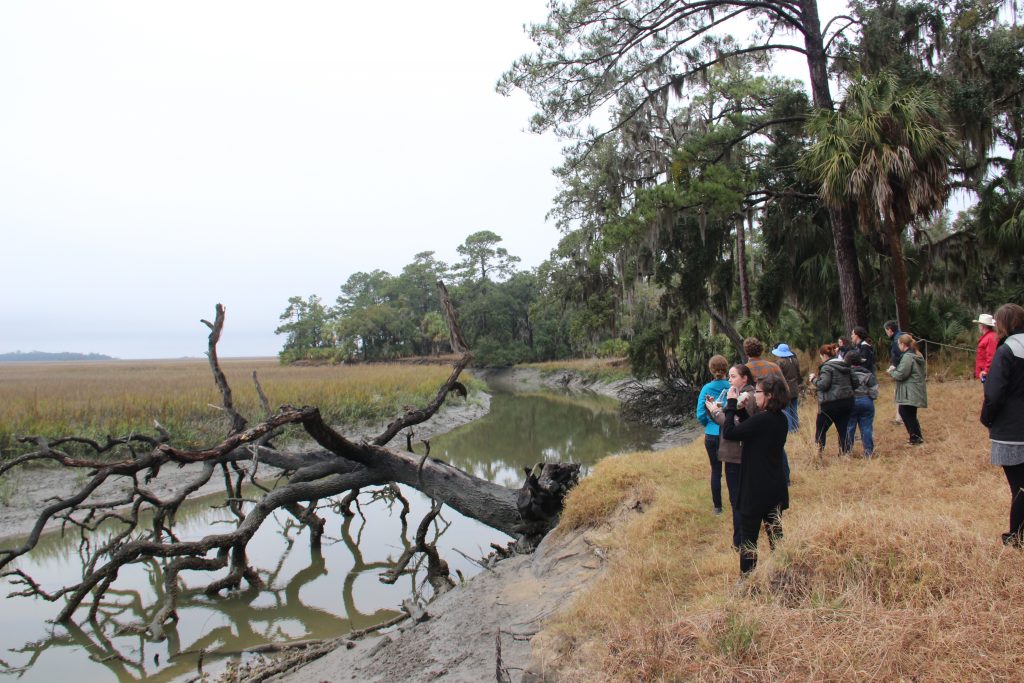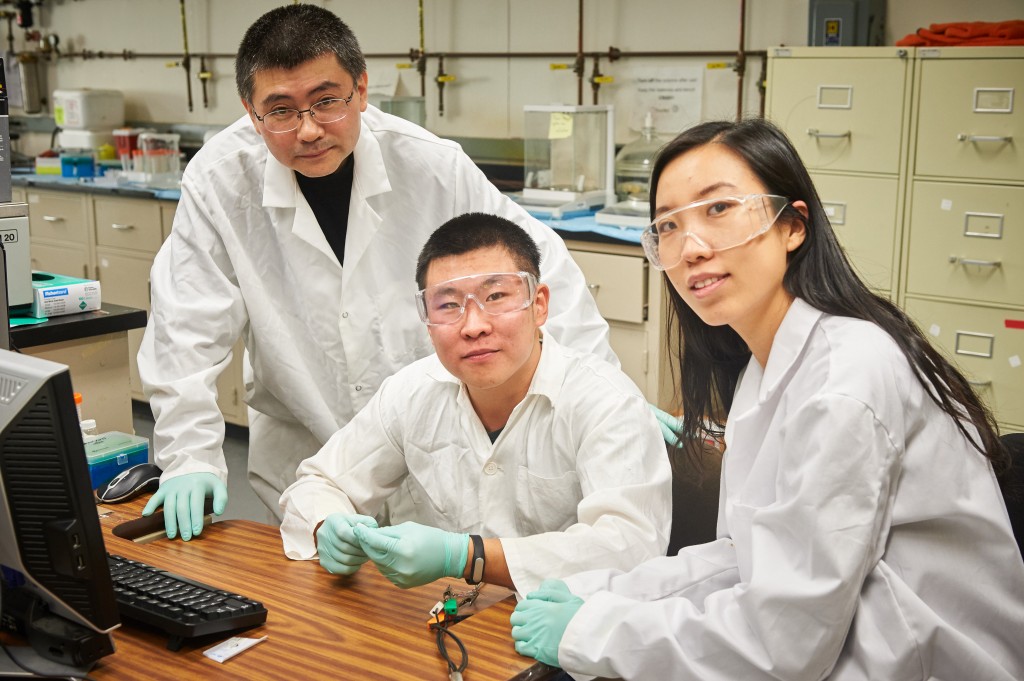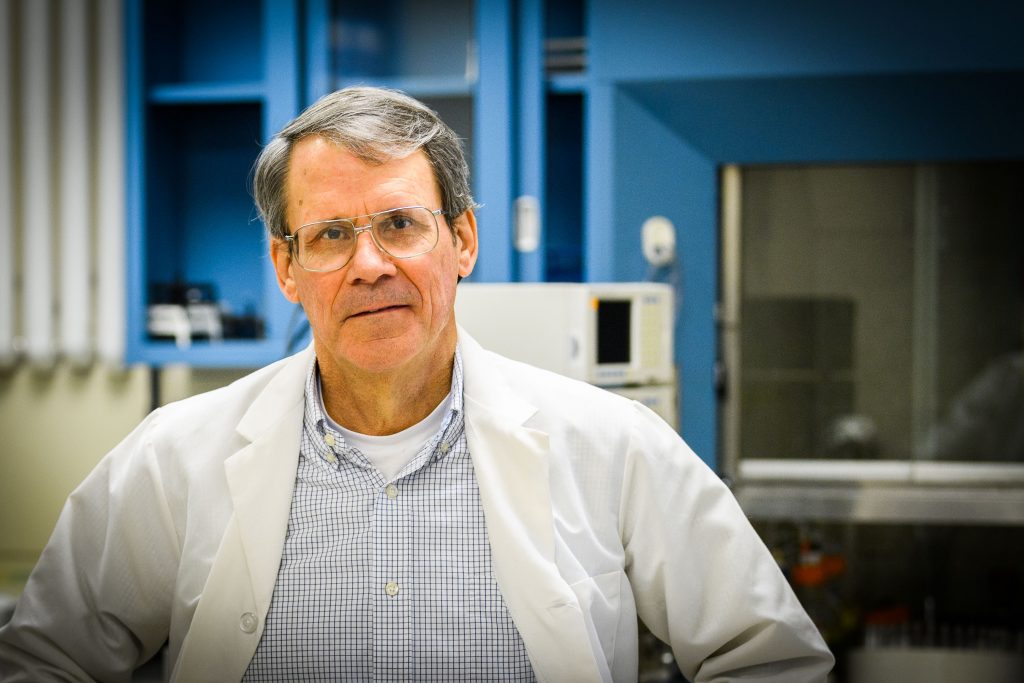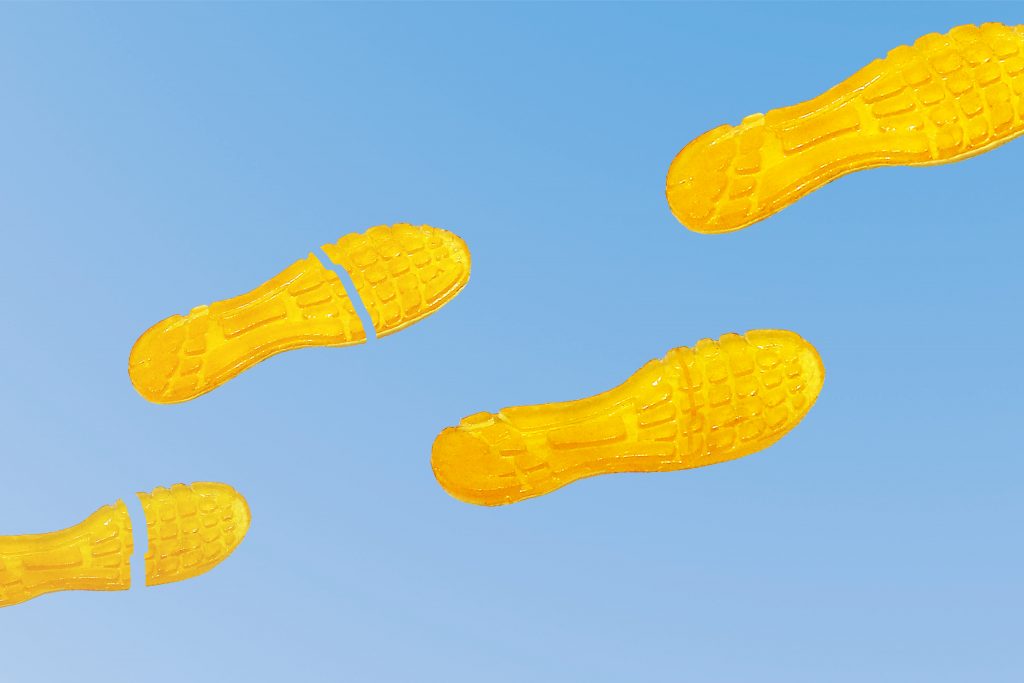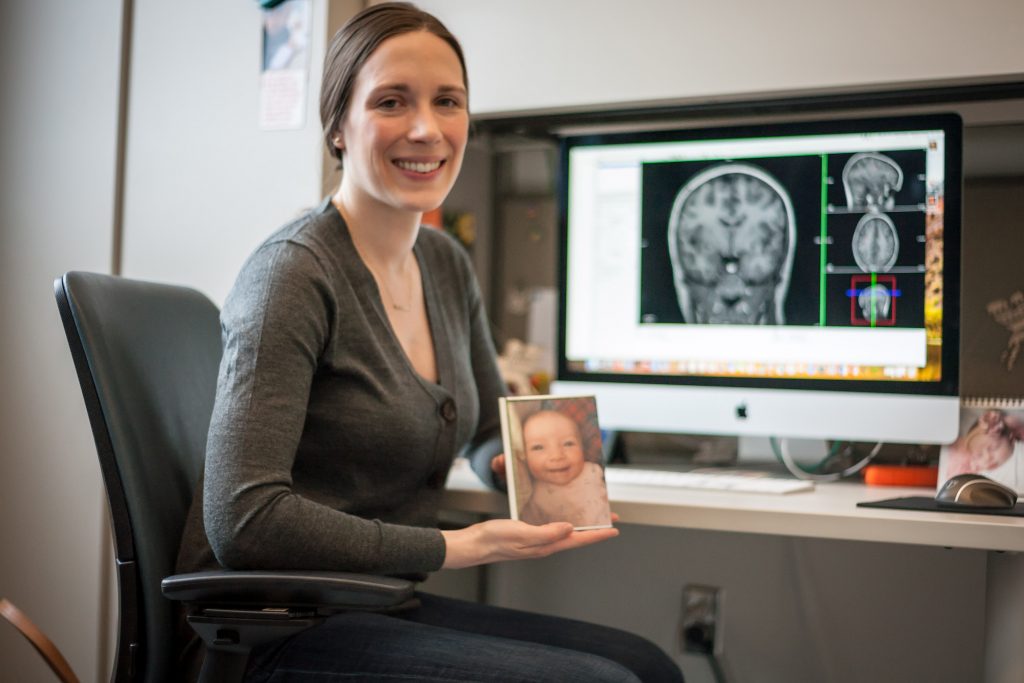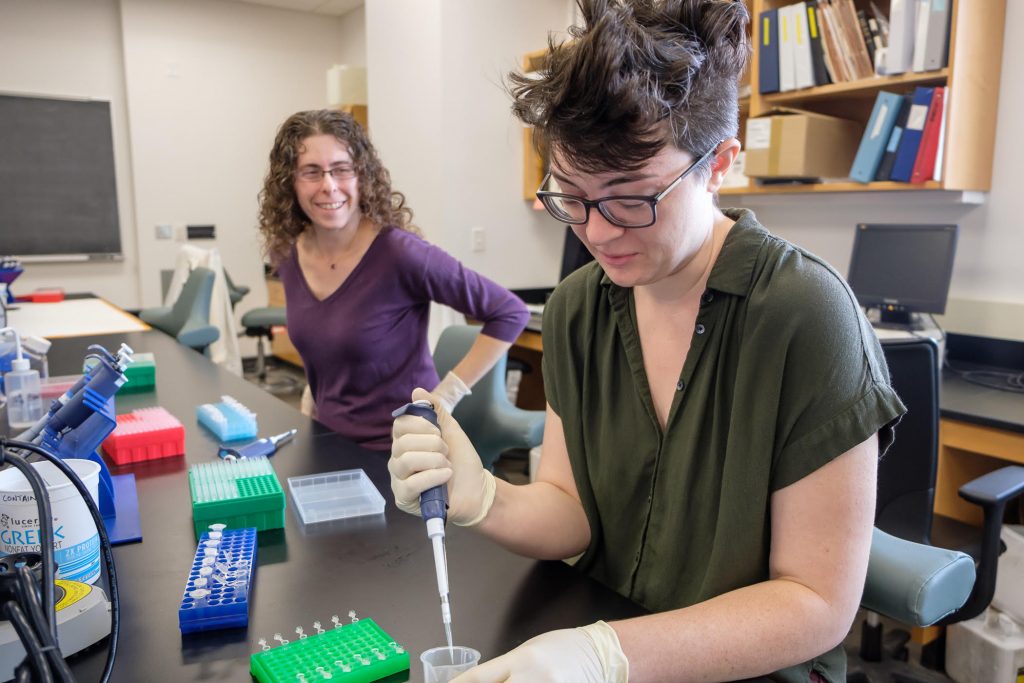Research & Discovery
Aging Immigrants Without Health Insurance at Higher Risk of Cardiovascular Disease
Fifty-four percent of recent immigrants, and 22 percent of long-term immigrants had no health insurance, says the study by NYU and UConn.
March 22, 2019 | Combined Reports
Big Gods Came After the Rise of Civilizations, Not Before, Study Finds
The original function of moralizing gods in world history was to hold together fragile, ethnically diverse coalitions, write researchers at UConn, University of Oxford, and Keio University.
March 21, 2019 | Peter Turchin, UConn; Harvey Whitehouse and Pieter Francois, University of Oxford; Patrick E. Savage, Keio University.
Healthy ‘Meal Kits’ are Attractive to Food Pantry Clients
Clients were three times as likely to take kale and whole grains when they visited the pantry on days when recipe tastings and meal kits were available, compared to the days when neither was provided, according to UConn study.
March 19, 2019 | Kristin Messina, UConn Rudd Center
Hypertension Study Offers Promise for Brain Function in Elderly
Because maintaining lower blood pressure reduced the amount of brain lesions, it can be expected that over a longer period this would show benefits in mobility and cognitive function, said Dr. William White of UConn Health.
March 18, 2019 | Combined Reports
Snapshot: Deborah Bolnick, St. Catherines Island
A glimpse into a UConn research project located off the coast of Georgia, on an island inhabited by Indigenous peoples for thousands of years.
March 18, 2019 | Elaina Hancock
OVPR Announces Inaugural Convergence Awards for Research in Interdisciplinary Centers (CARIC) Recipients
The Office of the Vice President for Research recently announced recipients of funding in the inaugural cycle of CARIC (Convergence Awards for Research in Interdisciplinary Centers).
March 14, 2019 | Anna Zarra Aldrich '20 (CLAS), Office of the Vice President for Research
Bad to the Bone: Bacterial Lipids, Bone Loss, and Periodontal Disease
UConn Health researchers have received $1.5 million from the NIH for a project that could lead to the development of treatments to prevent the progression of periodontitis and to help restore gum tissues and bone lost through the progression of gum disease.
March 14, 2019 | Anna Zarra Aldrich '20 (CLAS), Office of the Vice President for Research
Where the Rubber Hits the Road, Breaks, and Repairs Itself
Researchers at UConn and USC put the rubber objects through strength tests that proved not only was regeneration possible, but regeneration at nearly 100 percent strength.
March 13, 2019 | Eli Freund
First Steps: UConn Partners on Child Care Fellowship
A new private-public fellowship program is intended to make it easier for new UConn parents to return to research.
March 13, 2019 | Kim Krieger
Science is Better When it’s Diverse
A group of anthropologists document how bringing diverse perspectives purposefully into scientific inquiry goes far beyond increasing representation in the laboratory: diversity transforms the very practice of science.
March 12, 2019 | Christine Buckley



